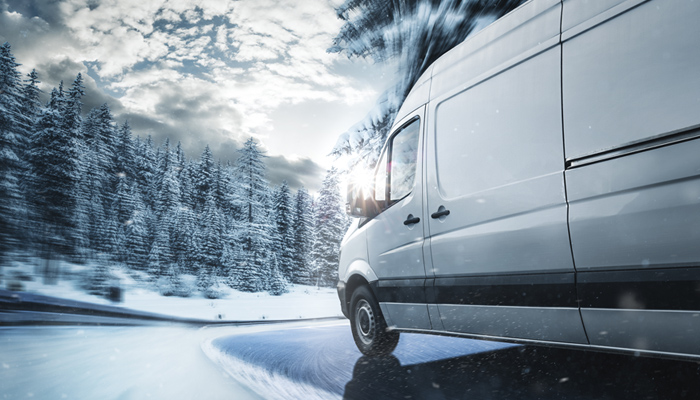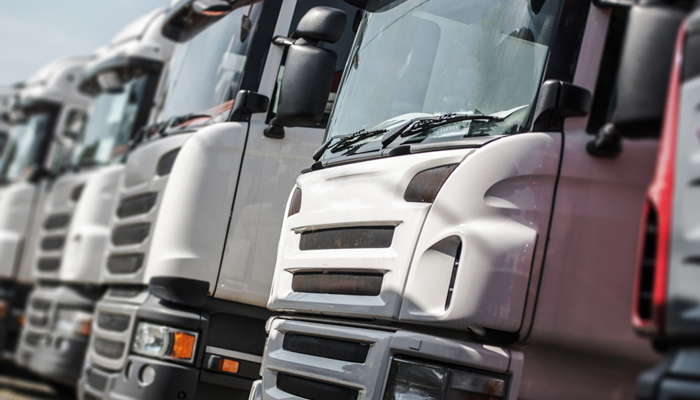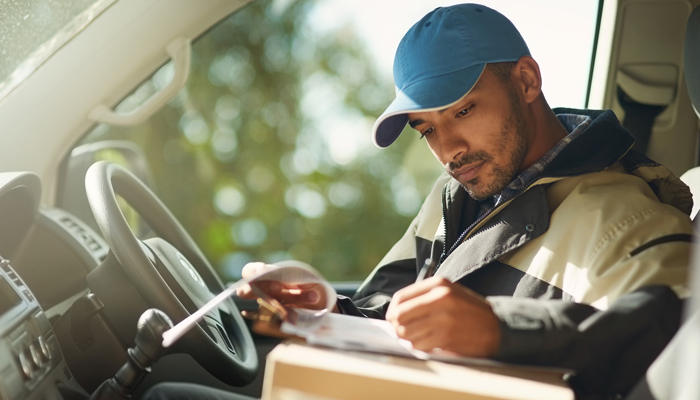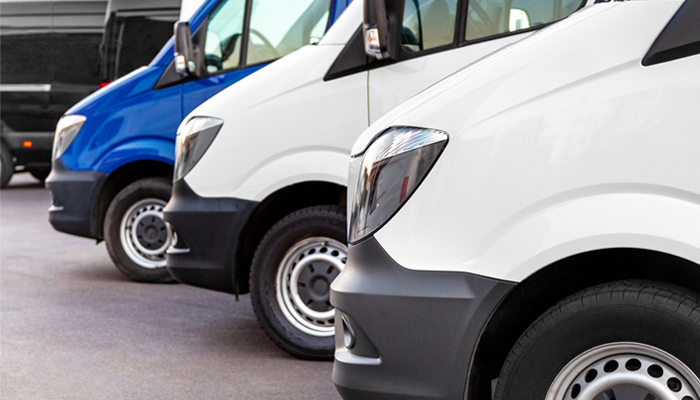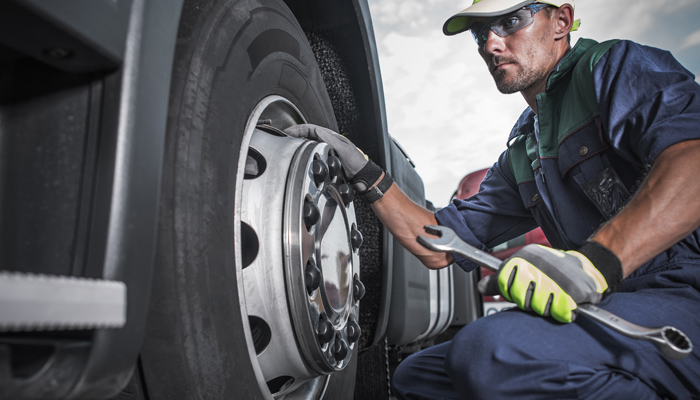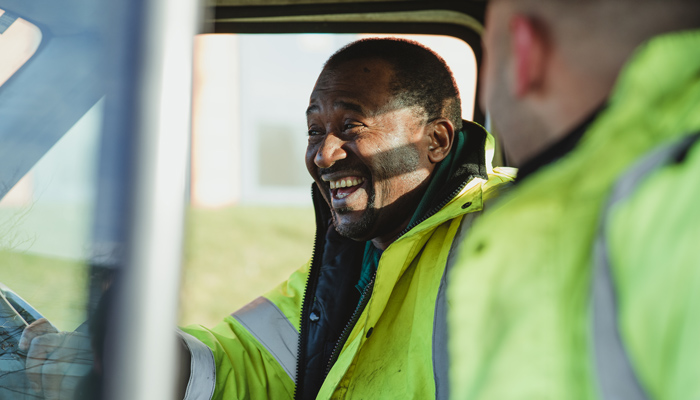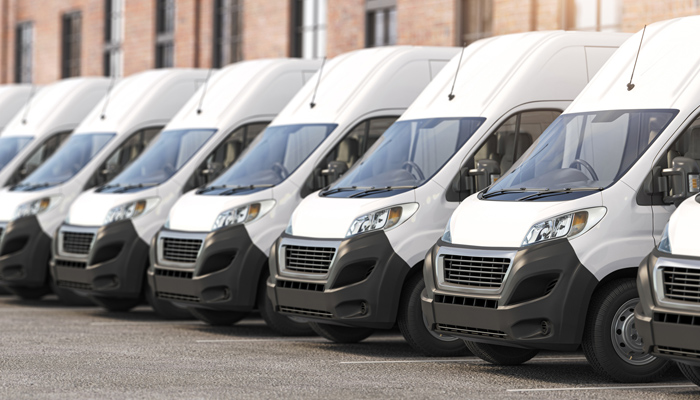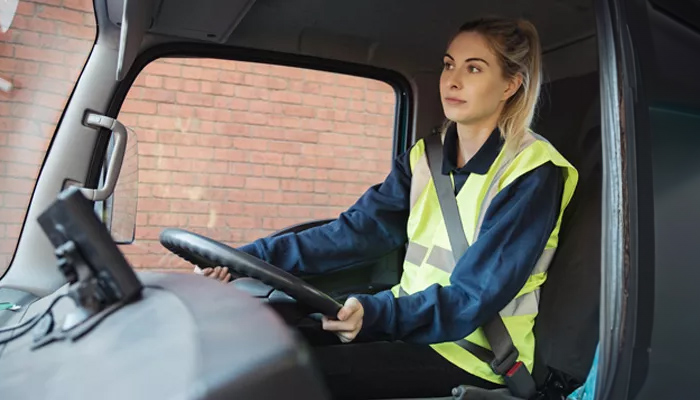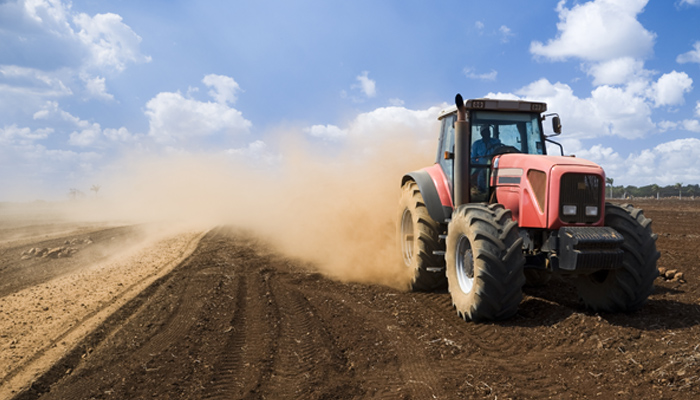Putting Goods-in-Transit Security First
Losing a load doesn't just cost time and money; reputations can be broken if security fails and consignments are lost. This guide looks at some of the ways you can minimise the risk as a distribution firm.
Managing traditional goods-in-transit threats
Every business that takes the security of their consignments seriously will already be taking a raft of measures to mitigate against these threats. These include:
-
Carefully considering security issues relating to depots, vehicles, trailers, customers' goods and route planning.
-
Making sure new recruits are subjected to appropriate pre-employment checks and security vetting.
-
Giving clear instructions to drivers about load collection, stowage and delivery.
It is important that you continue to do what you can to lessen the traditional risks to your business. However, as the world of logistics becomes increasingly digitalised it is important that you also consider new threats to the industry.
New threats putting consignments at risk
Virtually every business uses electronic data and generates email or internet traffic. That can leave them exposed to cyber-related criminal tactics such as online, or sometimes physical, hacking of IT systems enabled through the exploitation of system weaknesses or the sending of 'phishing' emails.
The consequences of this type of infiltration may include:
-
Criminals being able to use 'ransomware' to deny access to a firm's IT system until a ransom has been paid.
-
Emails being sent containing fraudulent bank account details into which a firm pays money.
-
Criminals identifying exactly what goods are being moved, when and where.
-
The security of customer data being compromised.
In order to try and minimise the impact of this type of threat, goods-in-transit firms are increasingly arranging appropriate cyber liability insurance.
The importance of contract conditions for goods-in-transit
If, despite taking all reasonable precautions to prevent loss or damage to goods, an incident still gives rise to a claim, it is vital that a haulier can rely on conditions of carriage to restrict their liability.
If you don't use conditions of carriage, you are subject to common law liability. This means that the customer is required to prove negligence. If the haulier is proved negligent, then it means that there is no cap to their liability. Not just for damage to the consignment itself, but also for consequential losses which could prove catastrophic for a small business.
The other complication is that the carrier may not know the value of any given consignment, and truck insurers will not provide open-ended cover. It is worth keeping in mind that even if they offer full-responsibility cover, they will invariably impose, at the very least, a load limit which may not prove adequate in the event of a loss.
The message is clear: no haulier should operate on a common law liability basis under any circumstances. Firms that do not currently use conditions of carriage would be wise to join an organisation such as the Road Haulage Association, whose conditions are well-known throughout the haulage industry and familiar to truck insurers.
This is a marketing article by Towergate Insurance.
Truck insurance from Towergate
No matter what size your truck fleet, it is important that you protect your business with truck insurance, which can include goods-in-transit cover. For more information on how to ensure your haulage business is protected, check out our truck insurance page or call us on 0344 346 1418 to speak to a specialist adviser.
About the author
 Chris North FCII is a respected industry leader with over 40 years' experience, who has worked in the insurance industry in a variety of roles, accumulating a wealth of knowledge. He is currently Technical Manager for Towergate's motor division, providing expertise on all matters relating to motor fleet insurance, in particular haulage and self-drive hire fleets.
Chris North FCII is a respected industry leader with over 40 years' experience, who has worked in the insurance industry in a variety of roles, accumulating a wealth of knowledge. He is currently Technical Manager for Towergate's motor division, providing expertise on all matters relating to motor fleet insurance, in particular haulage and self-drive hire fleets.
Date: August 24, 2018
Category: Commercial Vehicle





